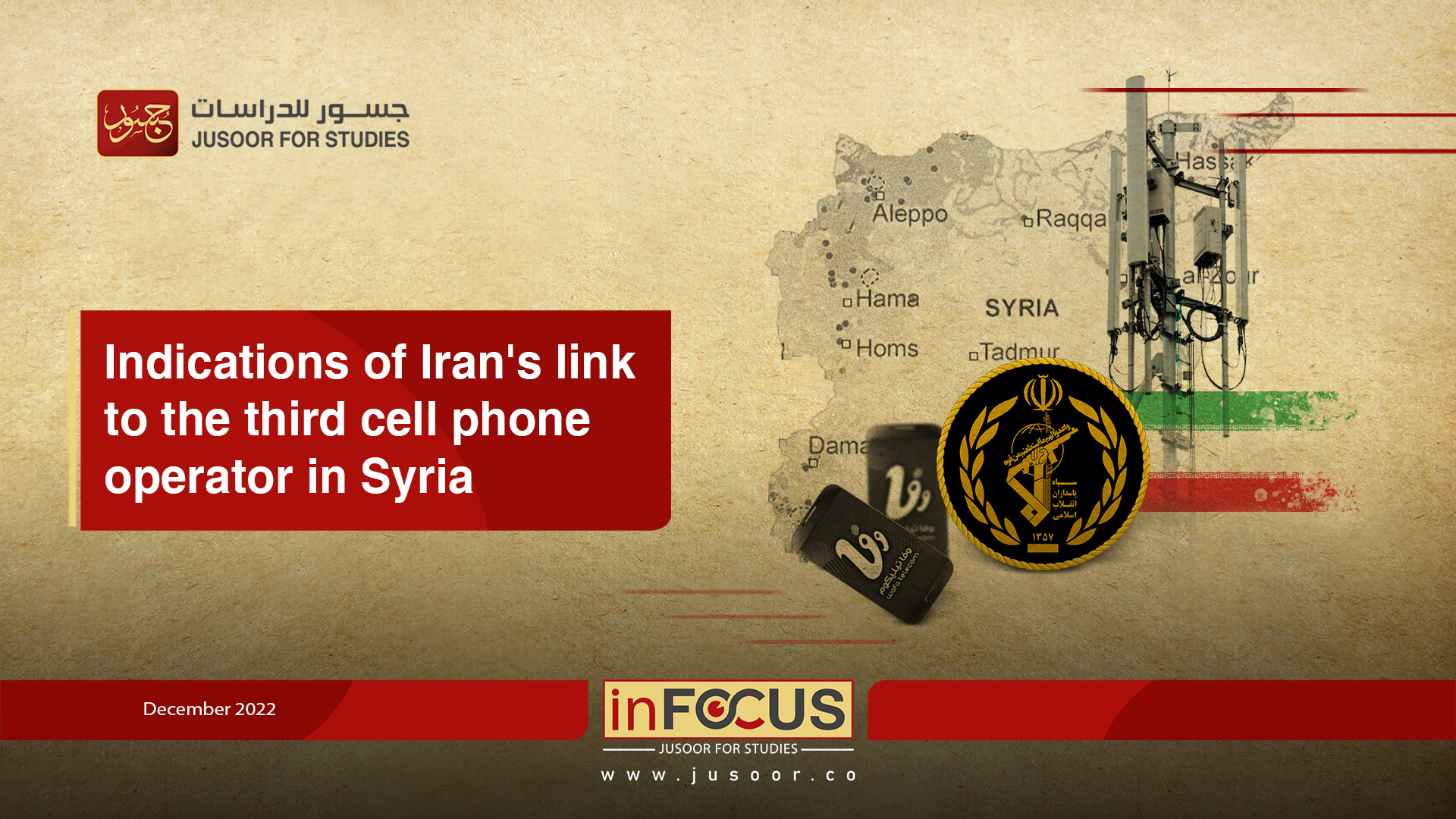Indications of Iran's link to the third cell phone operator in Syria
The Syrian regime announced granting the license to a third cell phone operator in February 2022. Although the Syrian regime's government confirmed that the operating company is completely local under the name “Wafa Telecom”, an investigation in December revealed that the license was granted to a Malaysian company owned by an officer in the Iranian Islamic Revolutionary Guard Corps (IRGC).
The connection that links Iran with the third cell phone operator in Syria, whose papers the regime began to complete processing since 2017, indicates a number of points:
- It is Iran who pushed the regime's Ministry of Communications to file lawsuits against Syriatel, one of the country’s two existing operators. As a result, lawsuits were filed against Rami Makhlouf, as the Chairman of the company. That is because Syriatel refused to pay the money demanded by the Ministry, amounting to 233 billion Syrian pounds. Obviously, Iran was creating conditions that would allow it to control the infrastructure of towers and technical equipment of the company to operate its own one. As such, it will avoid paying some operating costs.
- Iran's attempt to repeat Hezbollah's model in controlling the telecommunications sector of Lebanon, as part of the security system that the group imposed by force of arms, during the event that is known as the (Black Shirts) in 2008; where Tehran played a major role in helping the group to own communications technology of Lebanon.
- Iran's efforts to gain access to the data of about 16 million users in Syria, which allows it to monitor communications directly, and to contribute to concealing the military and security measures and activities of its affiliated militias in Syria.
- Iran's reliance on accumulative and gradual steps to ensure the continuation of its scheme in the region, as operating such a company provides Tehran with an investment opportunity and various activities; in order to use the proceeds of such an investment in extending its influence socially. Moreover, such an investment in the telecommunications sector will gives Iran a greater access to the Syrian economy, which other countries such as Russia and Turkey compete for.
All in all, Iran's entry into the Syrian telecommunications sector is an unprecedented breakthrough and will increase its access and control over sovereign sectors in the country, as long as the regime is willing to grant it more concessions and the ability to intervene.








